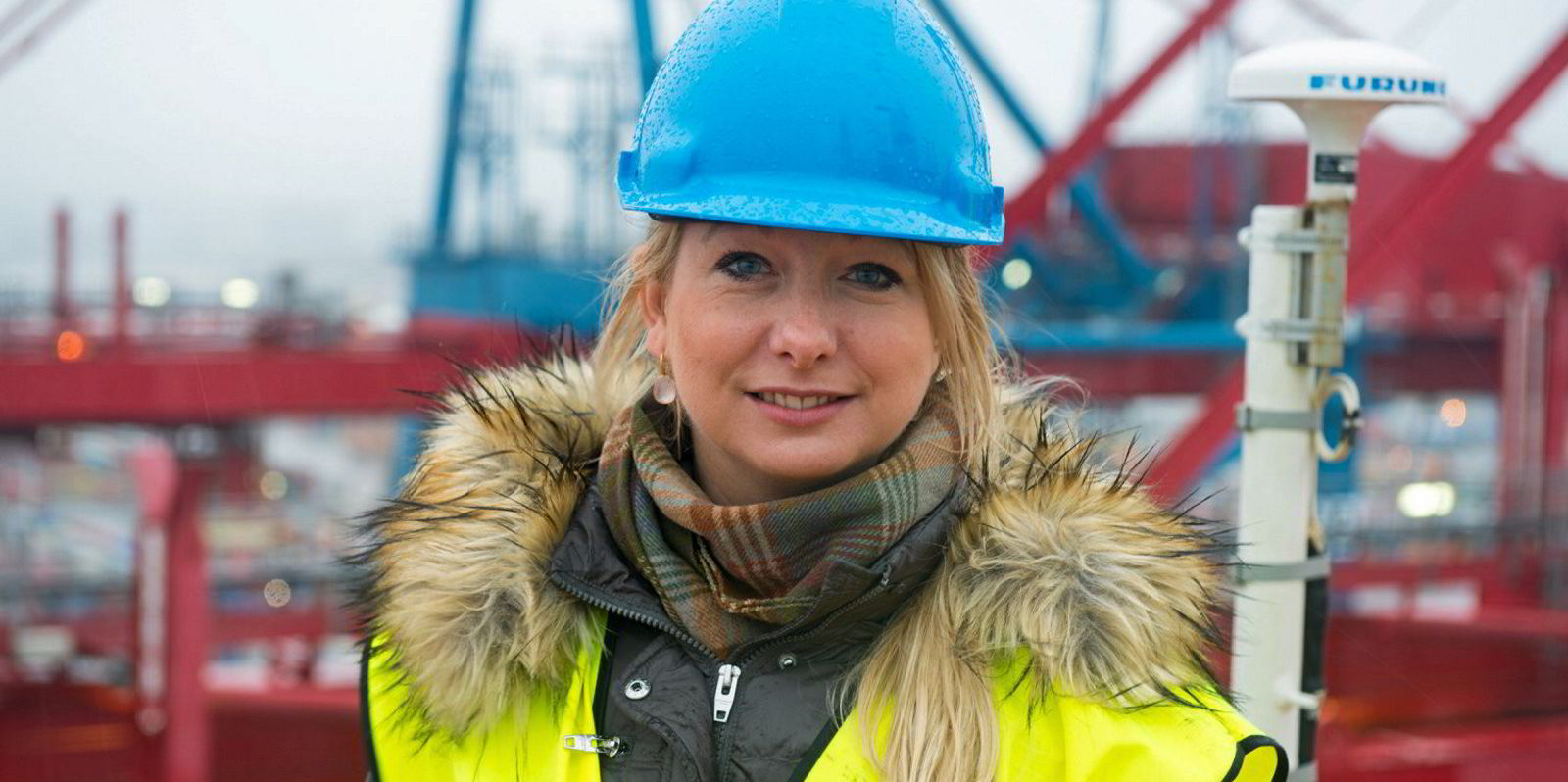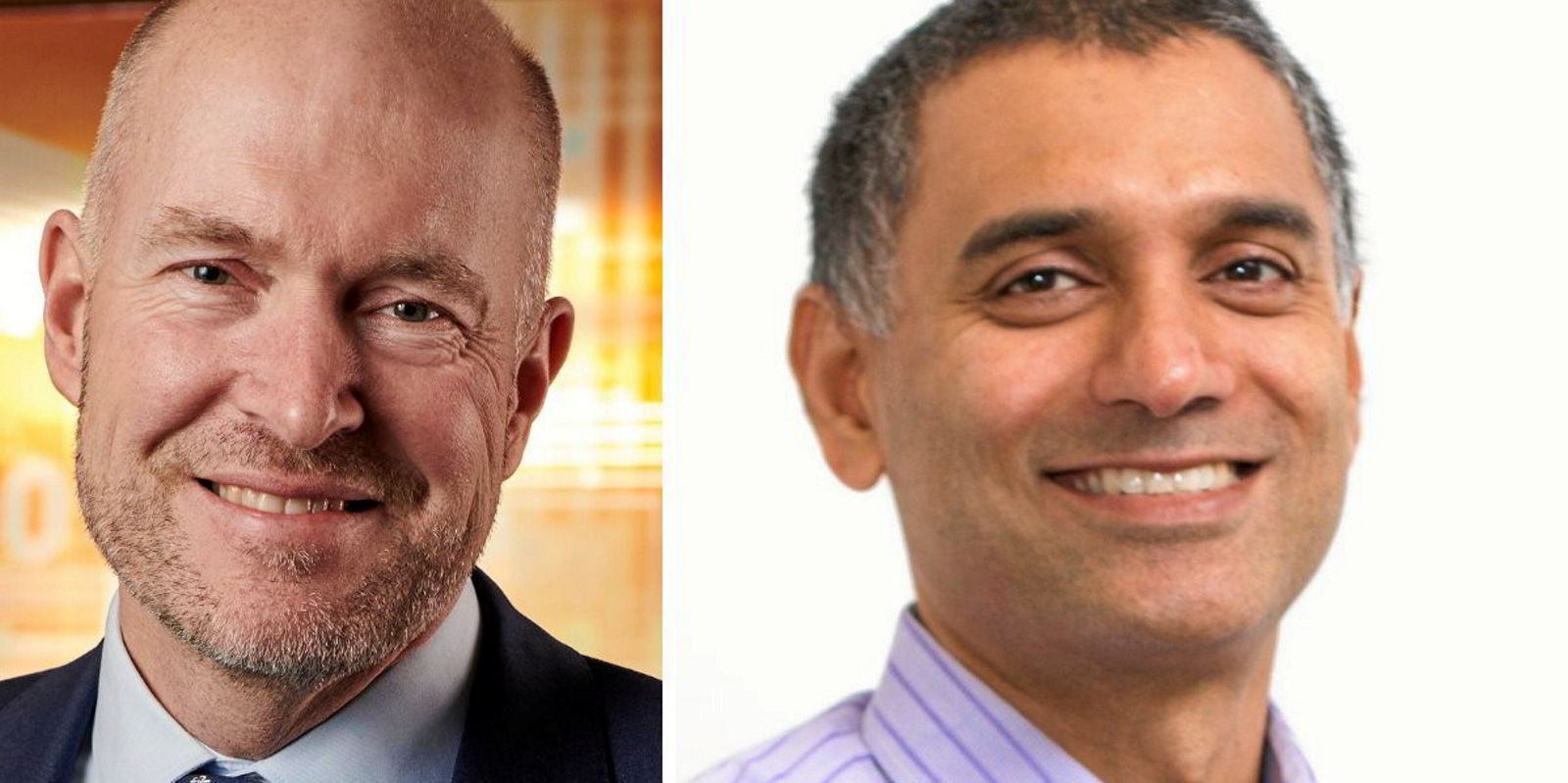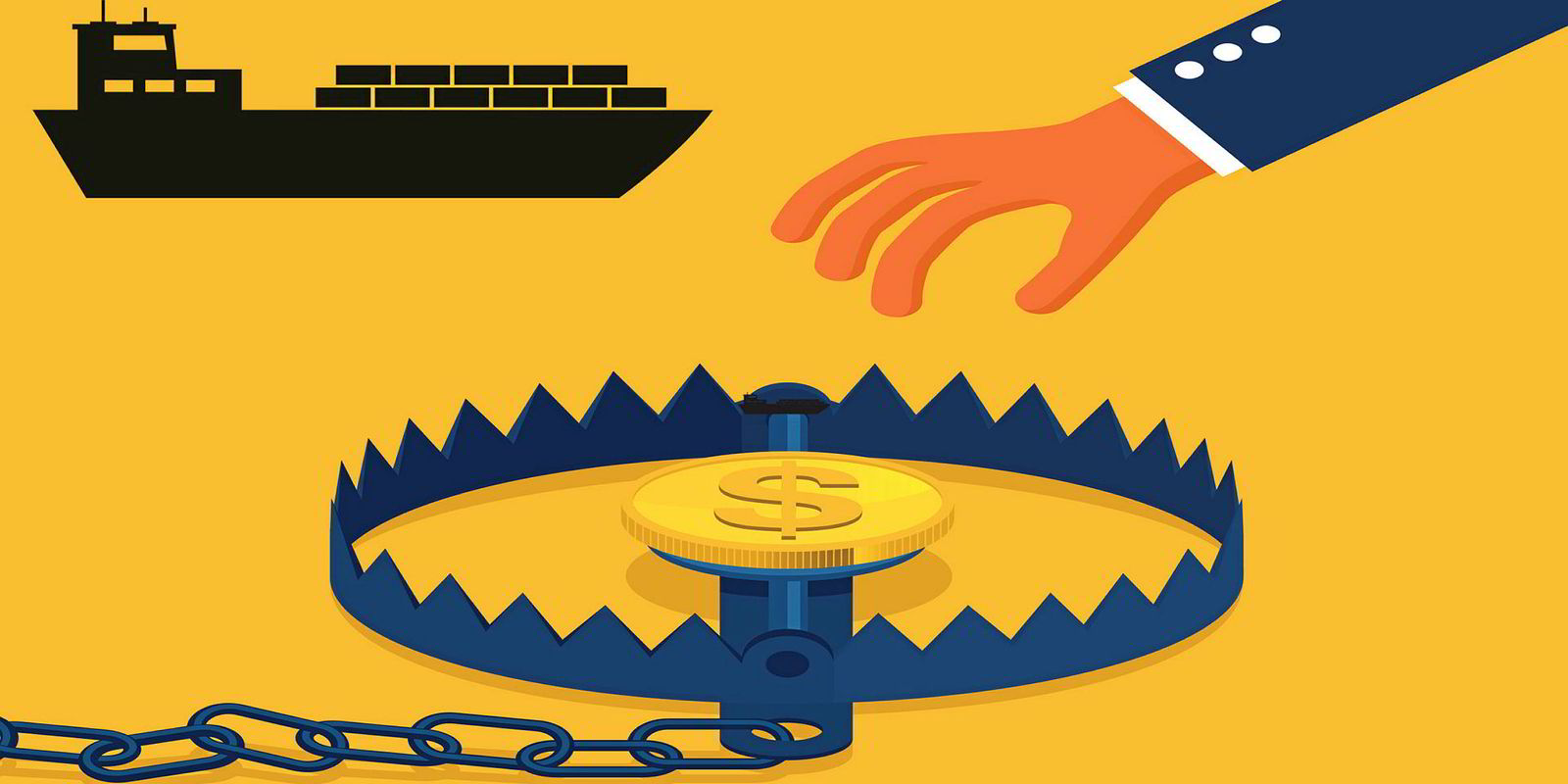The Covid-19 pandemic has reduced the number of corruption incidents being reported, but nearly 50,000 occurrences have been reported over the decade since the Maritime Anti-Corruption Network (MACN) was set up.
Close to 50,000 incidents have been reported in over 1,000 ports, across 149 countries to MACN’s Anonymous Incident Reporting platform over the last ten years.
The system is designed to allow the industry to report when it faces corrupt demands in ports across the world, most commonly for cigarettes, alcohol and cash.
“At a time when supply chains and economies are under increasing pressure, corruption is having a real impact on trade and livelihoods – on shore and at sea,” said MACN chief executive Cecilia Muller Torbrand of the ten-year report.
But she said that during the Covid-19 pandemic MACN has noticed that incidents have slightly dropped in numbers, most likely due to reduced interaction with port authorities and the increased adoption of electronic systems for vessel clearance.
“We can carefully draw the conclusion that some of the mitigating actions taken to reduce health risks are also having a positive effect by limiting the person-to-person interaction usually associated with corrupt demands. We hope this trend will continue in the post-Covid era,” said Muller Torbrand.
The fall in incidents began its gradual decline from a peak in 2017, when they accounted for nearly a total of all reports.
About 61% of all reports came from countries located in East Asia and the Pacific (41%) and Middle East and North Africa (20%). The most common implied outcome of a report was a delay to the vessel involved.
The top five hot spots were the Suez Canal and Alexandria in Egypt, Tanjung Priok and Panjang in Indonesia and Apapa Port in Lagos, Nigeria.
MACN said it is looking to further develop the system and leverage the wealth of its database in an effort to stamp out corruption across the world’s ports by improving reporting and data visualisation capabilities. This would include allowing for real-time reporting by frontline staff.
The organisation, with external support from the Danish Ministry of Foreign Affairs, is also developing the first-ever Global Port Integrity Platform.
The platform aims to measure integrity worldwide, drawing upon MACN’s incident data as well as other sources to capture bribery risks at port level.
MACN’s in-country work has served as a door opener with governments, Muller Torbrand said, with the organisation citing success in addressing corruption risks in locations as diverse as Nigeria, Indonesia, Egypt, India, Ukraine and Argentina.
Data is not intended to serve as evidence or to replace law enforcement but, in several countries, it has triggered actions such as investigations, integrity training for port officials and improved port governance.
Müller Torbrand added: “MACN was founded in 2011 because the shipping industry saw the need for private sector action. Corruption hurts our seafarers and staff and damages our business. Regulations and law set an important foundation but, as this data shows us, this is not enough to drive on-the-ground change.”





